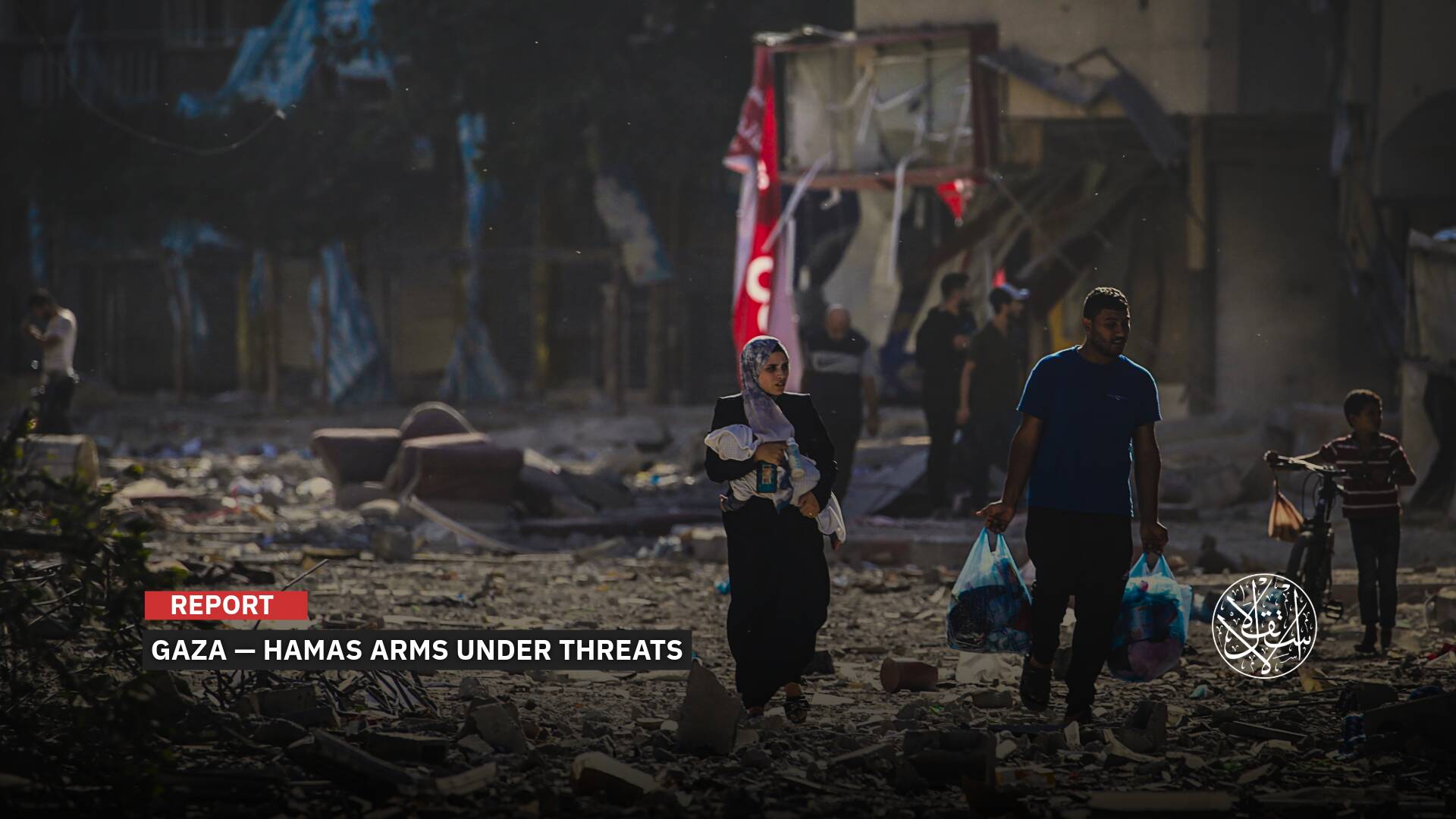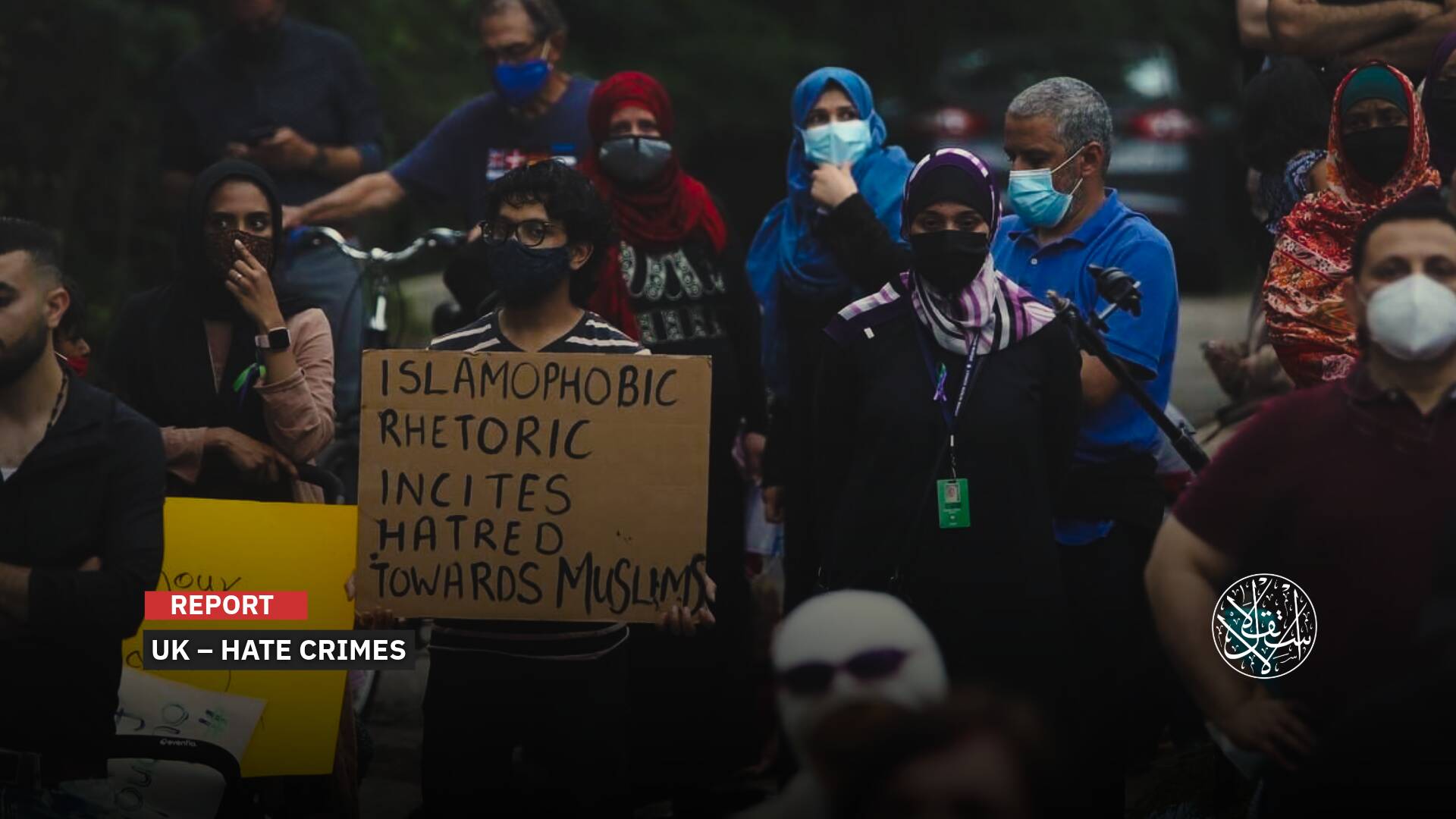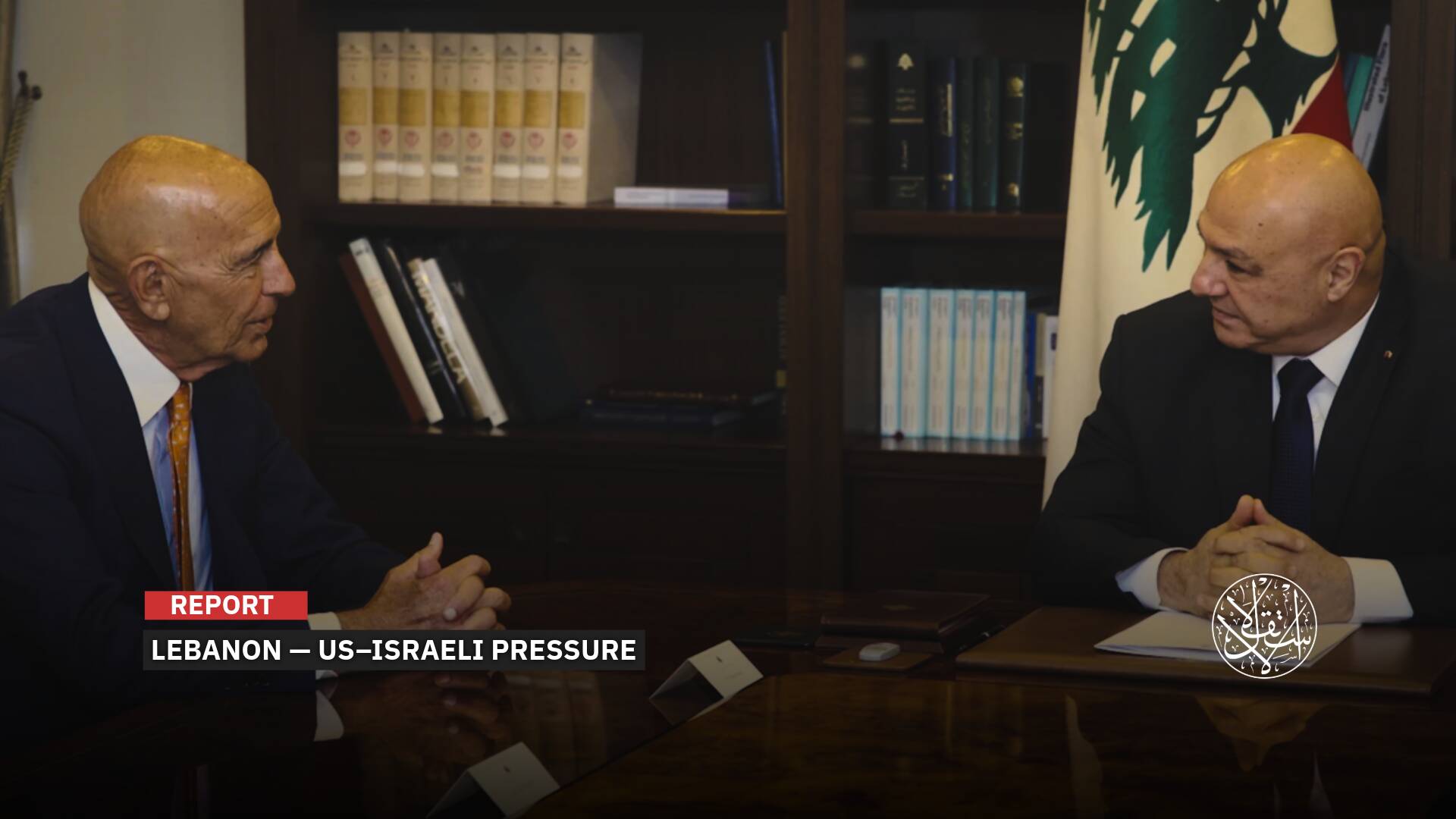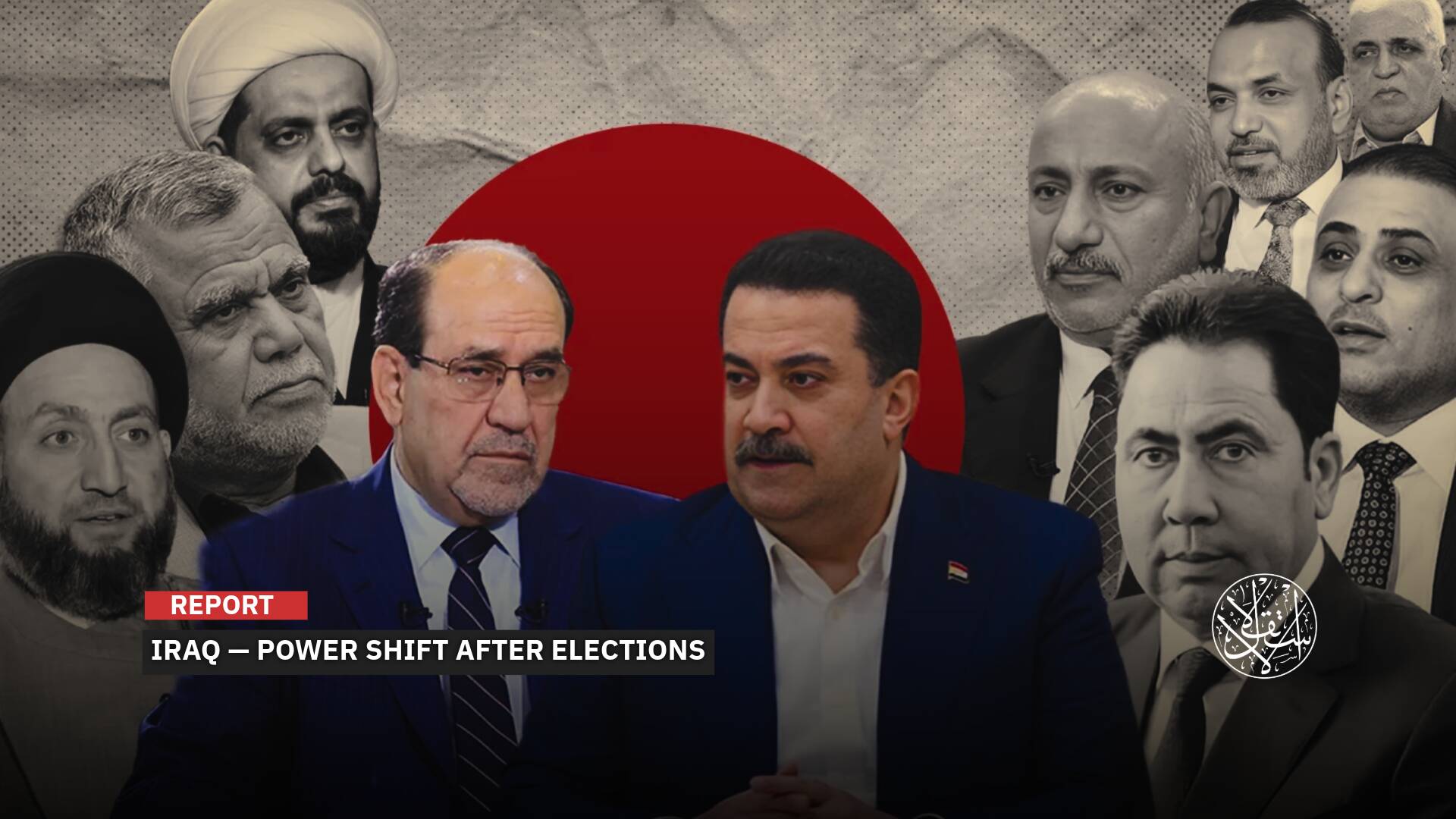New Israeli Plan: Is It Possible to Deploy an Arab Force to Administer the Gaza Strip Temporarily?

"The decision to deploy an Arab force in Gaza would be the most foolish in Arab history."
"Israel" has reverted to deploying a diversionary tactic to organize the entry of aid into the Gaza Strip, proposing the introduction of a multinational Arab force into the besieged region.
In a move "Tel Aviv" desired following the ceaseless aggression on Gaza since October 7, 2023, "Israel" claimed progress in suggesting the dispatch of Arab forces to the territory now teetering on the brink of famine.
Arab Forces
Israeli media reported that Defense Minister Yoav Gallant informed Prime Minister Benjamin Netanyahu on March 29, 2024, of "progress" in talks with the United States regarding the proposal to deploy a multinational force in Gaza.
Channel 12, an Israeli private channel, stated that Gallant "held talks with U.S. officials during his visit to Washington on March 26, 2024, regarding the formation of a multinational force and its entry into Gaza to be responsible for the region's security and the entry and distribution of humanitarian aid."
It claimed that these talks had resulted in "progress," without specifying, noting that "elements of that force will be from three Arab countries," without naming them.
It added that it is not yet certain whether this force will include American soldiers or not.
Axios, citing Israeli officials, stated that Gallant made this proposal during his recent visit to Washington.
According to them, the international unit may remain in the besieged enclave during the "transitional period" to ensure law and order, accompany humanitarian convoys, and secure the temporary port the United States will build on the coast of Gaza.
This unit will work on delivering aid as well as providing an alternative to land humanitarian convoys.
A senior Israeli official told the media that "such a move would establish a governing body in the sector and address Israel's growing problem with the United States regarding the humanitarian situation in Gaza."

Gallant discussed the proposal with several American officials, including Defense Secretary Lloyd Austin, Secretary of State Antony Blinken, and National Security Advisor Jake Sullivan.
Axios indicated that Gallant sought political and financial support from the United States for such an initiative but not direct involvement, such as deploying American forces.
A senior American official told the site that such an idea is under consideration but is unlikely to be implemented.
He explained that the matter requires an official invitation from the Palestinian Authority to send Arab forces to Gaza and that it comes in the political context of a two-state solution, which may be met with resistance from Israeli Prime Minister Benjamin Netanyahu. He added that Egypt is the leading country studying the idea.
In this context, an Arab official from one of the mentioned countries clarified to Axios that "Israel" seems to have misinterpreted the Arab stance.
That official indicated that Arab states are not prepared to send forces to secure humanitarian aid convoys at the moment, but they may provide peacekeeping forces once fighting in the Gaza Strip ceases.
The Arab official hinted to Axios that in such a case, the United States should be responsible for the initiative.
According to Israeli officials, follow-up discussions on this issue will take place between "Israel," the United States, and potential Arab participants.
Meanwhile, the U.S. Department of Defense, the Pentagon, is holding preliminary discussions on deploying a peacekeeping force in Gaza, but its plans currently do not include deploying any U.S. forces in Gaza.
Instead, it is exploring possibilities of establishing a multinational peacekeeping mission or a Palestinian mission, according to Politico, citing four officials who were not named, two of whom are from the Pentagon.
Initial planning includes funding foreign security forces by the Department of Defense, according to two officials. Another official said the funds could also be used for reconstruction, humanitarian aid, and other needs.
The Israeli aggression has led to the death of over 32,000 Palestinians and the injury of over 75,000 others, alongside massive infrastructure destruction.
"Israel" has imposed a strict blockade on the Palestinian territory for 17 years, with non-governmental organizations and the United Nations accusing it of not providing sufficient facilities to deliver humanitarian aid relied upon by the majority of Gaza's population, totaling around 2.4 million people.
Faced with the Israeli Occupation's obstruction of sufficient vital aid entry through land crossings into Gaza, the United States, Arab, and Western countries resorted to international airdrops of aid, which, however, were inadequate to prevent famine and demonstrated their failure, resulting in casualties during collection efforts.
A Mysterious Path
However, what is striking is that the proposal of the "Arab force" marks an Israeli retreat from its initial approval given to the United States in mid-November 2023 regarding the deployment of international forces in the Gaza Strip, but after the current war, as reported by the Israeli Public Broadcasting Corporation, Kan.
The latter said at the time that White House Middle East envoy Brett McGurk had been notified of the Israeli decision.
The main concern of the Israeli government regarding aid is to ensure that the distribution is not overseen by the Islamic Resistance Movement (Hamas).
In February 2024, Netanyahu presented a plan for post-war Gaza, envisioning "Israel" retaining security control with "local officials" not affiliated with Hamas responsible for civilian affairs.

The plan also includes replacing the United Nations Relief and Works Agency for Palestine Refugees in the Near East (UNRWA) with responsible international aid organizations.
Some have linked the demonization of UNRWA by "Israel," its severing of ties, and its rejection of any future cooperation with this organization to the future plans being hatched behind the scenes for the day after the war.
Despite "Israel" and the United States discussing "the day after" the war on Gaza, the path forward is still fraught with questions.
Since its invasion of Gaza by land on October 27, the Israeli Occupation forces have been unable to undermine Hamas's presence on the ground.
In this context, Professor of International Relations Tarek Fahmy points out that "forming any Arab force in Gaza at this time must have clearly defined tasks."
Fahmy raised several questions, including: "Will these Arab forces be for separating strategic friction areas, distributing aid, or rebuilding the sector?"
He believes that "such an initiative is a litmus test for Arab countries to deal with such proposals advocated by Israeli figures and research centers."
"The reference for the entry of any Arab force into Gaza at this time must be authorized by the Arab League or by a decision of the United Nations Security Council to determine its tasks, which will be for a specified period and will not exceed the disarmament phase of the factions in Gaza."
'Occupying Force'
Although none of the mentioned Arab countries have officially announced any role in the "Arab force" idea, it is unlikely, according to observers, that multinational forces will be able to perform their tasks even if they receive generous funding and international logistical support if Hamas opposes their entry.
Palestinian factions have seen any international or Arab force entering the Gaza Strip as "rejected and unacceptable" and akin to an "occupying force."
This came in a statement by the Follow-up Committee for National and Islamic Forces (comprising most Palestinian factions), published by Hamas through its digital platforms on the occasion of the 48th anniversary of Palestinian Land Day.
"We appreciate the position of the Arab countries that rejected participation and cooperation with the proposal of the Israeli leadership regarding the formation of the force," the factions stated.
International Relations researcher Ali Abo Rezeg presented an approach to the situation of Arab forces if they aligned with the Israeli idea and entered Gaza.
"Most of the research sources that chronicled the Palestinian resistance, especially the al-Qassam after the Second Intifada, say that the weapons that the resistance obtained, including equipment and ammunition, from Palestinian Authority sites after it took control of Gaza in 2007, [the resistance] would not have dreamed of obtaining such weapons if it had remained in Gaza for a hundred years," he posted on X (formerly Twitter).
"The implication is that if the youth of Gaza dealt with their own kinsmen, their cousins, and their brothers as enemy forces after they directed their weapons at them, then what about if the invading forces were Arab forces that came with Israeli or American blessings?
"It will be the most foolish decision in Arab history, as the cost will be twofold: one from Gaza through the people's resistance to these forces as occupiers, and another from their own people who will view their armies assuming they have been trained to protect Israel, and only Israel."
At present, there is an Israeli belief that proposing an international security force in Gaza will undermine the existence of the Hamas movement in Gaza, especially since "Israel" effectively preempted that proposal by combating all Palestinian efforts to organize themselves for aid distribution in the region.
The Israeli Occupation's recent assassination of Palestinian officials from the Emergency Committees responsible for aid distribution in the Gaza Strip can also be linked to bolstering its idea of forming a multinational security force.
This is especially since "Tel Aviv" claimed that these individuals belong to Hamas and are aiding its military wing, al-Qassam Brigades, in maintaining its field control in Gaza.
Further, "Israel" has systematically worked to dismantle the efforts of the United Nations Relief and Works Agency for Palestine Refugees (UNRWA) by killing more than 171 of its employees in Gaza and preventing the agency from providing assistance to Palestinians.
Sources
- Israel proposes international security force in Gaza — Axios
- Pentagon sketches plan for Gaza peacekeeping force: report
- Hebrew media claims that there has been “progress” in talks to deploy an international force in Gaza [Arabic]
- Palestinian factions refuse to bring an international or Arab force into Gaza and consider it an occupation [Arabic]










